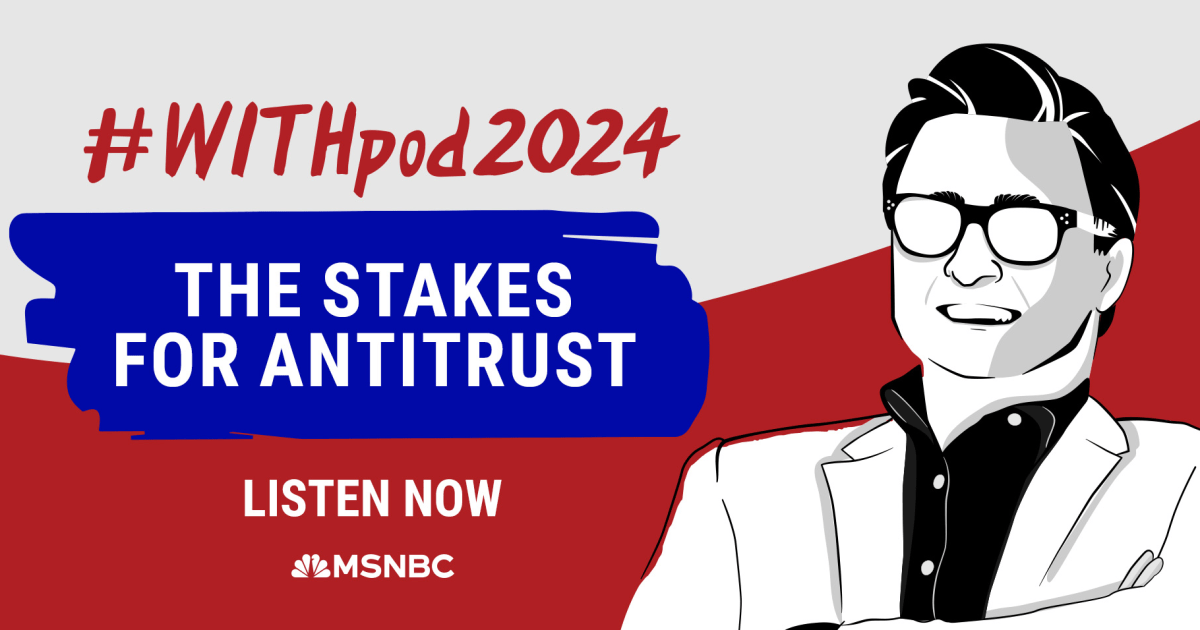


The ongoing debate surrounding antitrust enforcement in the United States has intensified following comments made by billionaire Mark Cuban regarding Federal Trade Commission (FTC) Chair Lina Khan. At a Kaiser Family Foundation event in California on October 8, 2024, Cuban criticized Khan's antitrust actions, claiming they hinder the development of artificial intelligence. In response, Senator Bernie Sanders defended Khan, labeling her as the 'best FTC Chair in modern history' and highlighting her commitment to combating corporate greed and monopolies [a4d81aa4].
This exchange underscores the growing tension between progressive antitrust advocates and corporate interests. Sanders emphasized that Khan's efforts are crucial in addressing extreme corporate consolidation, which he argues harms economic progress. Cuban's remarks come amid reports that billionaire donors, including him, are lobbying for Khan's removal should Kamala Harris win the presidency [a4d81aa4].
The Biden administration's approach to antitrust enforcement has become a pivotal issue as the 2024 elections approach. President Biden has taken significant steps to revive progressive-era antitrust policies, blocking over 40 mergers and pursuing legal actions against major tech companies. This strategy aims to protect small businesses and workers from the overwhelming power of large corporations [c3dc3850].
Vice President Harris's economic platform includes proposals for new powers for antitrust enforcers, reflecting a commitment to addressing corporate abuses. However, the pressure from corporate leaders to remove Khan reveals a divide between the administration's regulatory agenda and the interests of powerful business figures [5139d297].
As the election nears, the future of antitrust policy and the broader economic agenda remains uncertain, with the potential for significant shifts depending on the outcome of the presidential race. The ongoing dialogue between figures like Sanders and Cuban highlights the critical nature of these discussions as they relate to corporate power and economic equity in America [a4d81aa4].